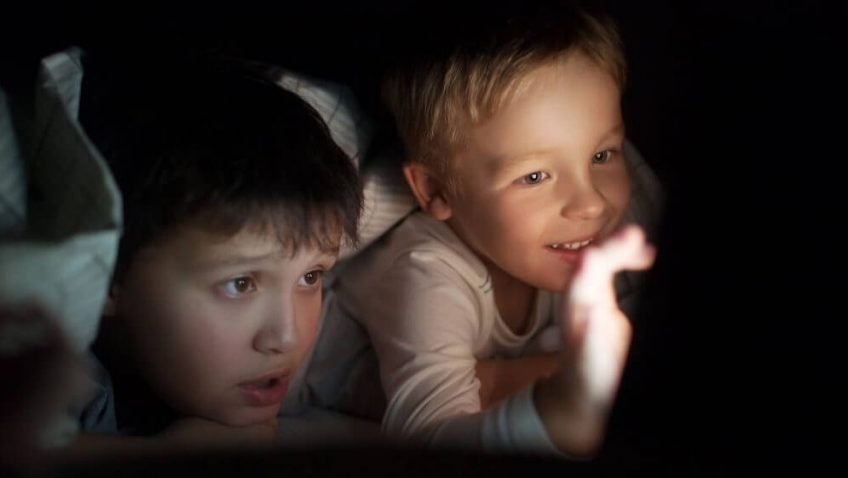
The colossal amount of time that kids spend every day on social media, gaming, and other online activities is undoubtedly a top concern and frustration of parents. Some of these parents point their finger at tech companies and their predatory marketing schemes. The narrative is simple: kids are more anxious, depressed, asocial, and unmotivated than ever before due to the deluge of smartphone apps, online networks, and addicting games that have flooded the market over the past decade, and the creators of digital content should be held responsible.
However, before you jump on this bandwagon (if you haven’t already) ask yourself: is it possible “Internet addiction” is merely a symptom masking deeper problems? Is it possible that obsessive and compulsive Internet use is simply an outlet for personal, familial, and social problems that continue to remain unaddressed?
I offer alternative explanations below.
Beginning in the 1980s, “helicopter parenting” became more and more popular. “Helicopter parenting” describes a parenting style where the parents oversee and preside over most aspects of their kids’ lives, as opposed to the traditional style of setting boundaries (no drugs, no gangs, etc.) and allowing kids to explore within those confines. Helicopter parenting is often rationalized by the parents based on the following mindsets:
-
“If my child gets a bad grade, everything will fall apart.”
-
“Extracurricular activities will help my child get into a good university. Therefore, we have to squeeze in as many of these activities as we can.”
-
“I don’t want to let my child play outside, because who knows what will happen.”
-
“Children don’t know any better, so of course we have to take control.”
There are countless studies showing the increased levels of anxiety and failure to cope with “real world” difficulties among children who come from helicopter families. I can certainly attest to this, as my parents took great, perhaps even neurotic, levels of interest in “making sure I would become successful.” In the end, the lack of agency and experiences with failure early on made me far more susceptible to behavioral problems in my early 20’s.
Secondly, there is a gaping lack of “community” in most Western countries. By “community,” I mean a sense of belonging and true commitment to the welfare of a group as opposed to mindless pursuit of self-interest and self-aggrandizement. Loneliness and emotional disconnect are on the rise. Friends are often heard from, but not seen. This is especially true among younger people, who prefer texting and social media posts to actual face-to-face communication.
When social values and a sense of collective duty start to disintegrate, people start to lose “meaning” or “purpose” in life. Perhaps more importantly, the individual has a much more difficult time coping with difficulty and become easy prey for all sorts of behavioral problems (including Internet addiction) since they do not have people to turn to for relief.
My job here isn’t to guilt trip parents by casting them into the fire of blame, nor am I suggesting that society itself is irredeemably corrupt. Rather, it’s to encourage a discussion and critical evaluation of why some children are behaving in ways that run contrary to what “normal humans” naturally desire: companionship, community, meaning, genuine values, and success in life.
As I often repeat on my website True Digital Detox, acquiring these values, community-oriented mindsets, and learning life skills will prove to be the best deterrents to compulsive Internet use and gaming among younger people.




























